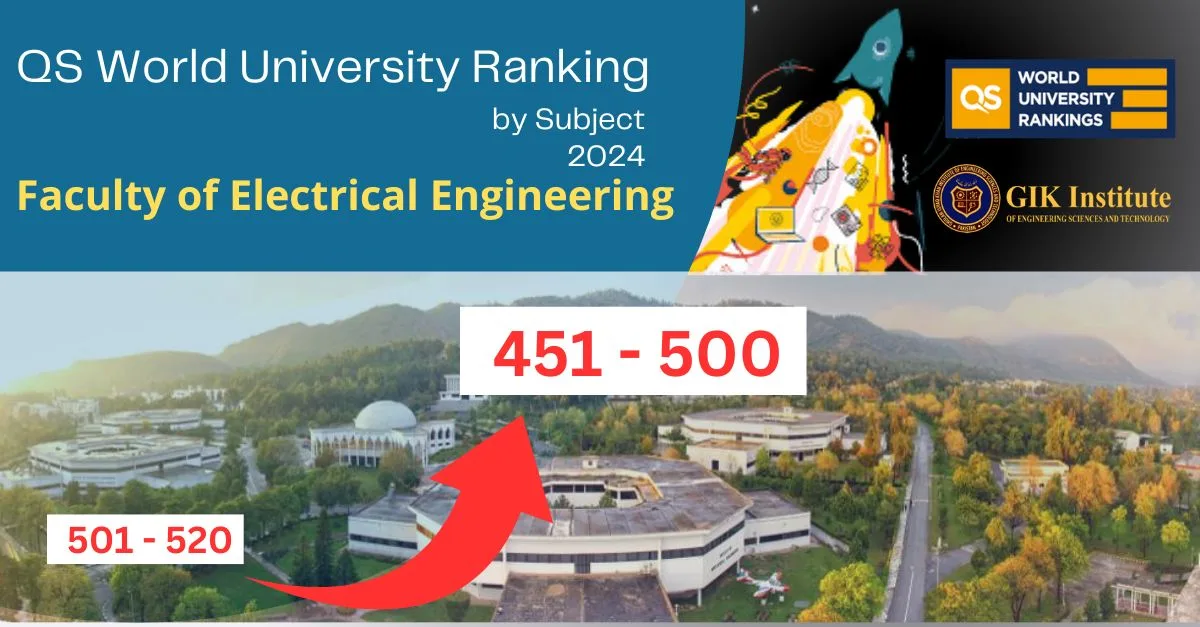- Scholarships
- Alumni
- QEC & Accreditation
- ORIC
- SOPREST
- Tenders & Notices
- Newsletters
- Annual Report
- IT
- SDGIKI
- SDGIKI Newsletter | Vol 03
- SDGIKI Newsletter Volume 02
- SDGIKI | Newsletter | Vol 01
- SDG 1: No Poverty
- SDG 2: Zero Hunger
- SDG 3: Good Health and Well-Being
- SDG 4: Quality Education
- SDG 5: Gender Equality
- SDG 6: Clean Water and Sanitation
- SDG 7: Affordable and Clean Energy
- SDG 8: Decent Work and Economic Growth
- SDG 9: Industry Innovation and Infrastructure
- SDG 10: Reduced Inequalities
- SDG 11: Sustainable Cities and Communities
- SDG 12: Responsible Consumption and Production
- SDG 13: Climate Action
- SDG 14: Life Below Water
- SDG 15: Life on Land
- SDG 16: Peace, Justice, and Strong Institution
- SDG 17: Partnership for Goals
- IT Training Program
- Services
- Careers
- Contact Us



